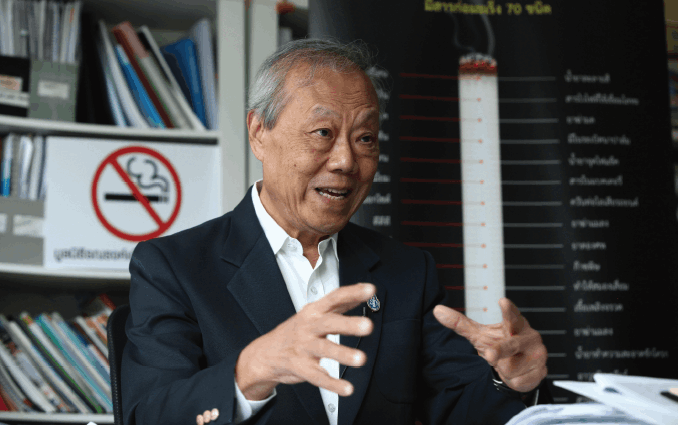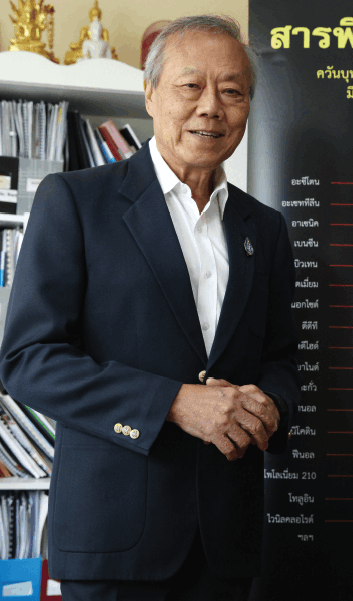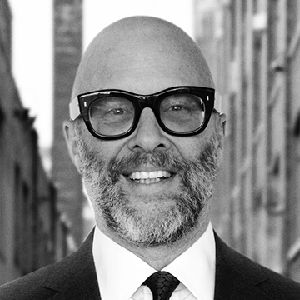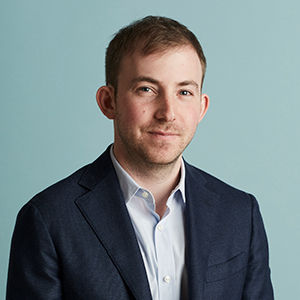Anti-smoking campaigner won’t stop till rate drops further
- By Chairith Yonpiam -

Dr Prakit Vathesatogkit
Dr Prakit Vathesatogkit’s name is essentially synonymous with anti-smoking campaigns in Thailand. That is how much the lung doctor has contributed to reducing the country’s overall smoking rates in the
last three decades.
Known as one of the most influential activists of his time, Dr Prakit’s career has helped bring down the number of smokers aged 15 and above to 11.4 million as of 2014, according to the National Statistical Office.
In 1991, the number was over three times as high, at 38.5 million people.
Now aged 74, Dr Prakit gave an interview to the Bangkok Post to reflect on his 32-year-long (and ongoing) journey into anti-smoking advocacy.
The Action on Smoking and Health (ASH) Foundation — headed by the doctor himself — has always pointed out that men make up the vast majority of Thai smokers.
“When I first started work in this field, two in three men were avid smokers. There were no laws regulating smoking back then,” he said.
“The first 17 years of our campaigns were done without any additional funding but we had to produce content to educate the public [on the adverse effects of smoking],” he said.
“In contrast, tobacco factories had already been open for over 50 years, and adverts that promoted smoking were prevalent. In those five decades, there were over 800,000 cigarette stores in the country,” he added.
Dr Prakit said he was teaching about lung disease as a lecturer at Ramathibodi Hospital when he was introduced to advocacy after being instructed by his dean to start campaigning.
The ASH Foundation was founded in 1985 by renowned public health scholar Dr Prawase Wasi and Dr Atthasit Vejjajiva, the founder of Ramathibodi Hospital and father of former Prime Minister Abhisit Vejjajiva.
Dr Prakit was at the time a physician and a committee member of the foundation, before gradually spearheading it in the years to come.
In 1992, the first smoking-related laws were announced in the Royal Gazette. The Tobacco Products Control Act, announced in March, prevented tobacco manufacturers from advertising their products on media, such as television and radio.
The Non-Smokers Health Protection Act, announced the following month, allowed for non-smoking areas to be established and for fines to be enforced on violators.
In addition, taxes on cigarettes have risen from 55% in 1993 to 90% at present.
Dr Prakit’s decision to dedicate his life to anti-smoking campaigns has earned him plaudits from around the world. In 2000 he became the first Asian to receive a Luther L Terry Award from the American Cancer Society for outstanding individual leadership in tobacco control.
He also received a medal from the World Health Organisation for his anti-tobacco and pro-health advocacy in 1992, as well as a Bloomberg Award for tobacco-controlling efforts in 2009.
His involvement with the government sector also saw him act as a representative of the Public Health Ministry in holding discussions to promote anti-smoking campaigns with the United States.

Dr Prakit Vathesatogkit
“I’ve always taken to heart that success will follow perseverance, and doing the right thing always trumps the wrong thing. Protecting the public’s health is the right thing to do, but many people think this is a difficult task,” Dr Prakit said.
“Still, it’s become ingrained in me that I must persevere even in the face of adversity, and I believe that I can keep doing it.”
The main mission now, he says, is keeping track of law enforcement regarding tobacco products, by ensuring no businesses produce cigarette ads or corporate social responsibility campaigns that may put tobacco use in a good light.
The physician-turned-full-time-activist still has hope that Thailand will see fewer smokers in the future.
“In my career — or the 10 or so years I have left — I’d like to see the smoking rate for males in Thailand drop to less than 30%, from the present 37%, then I would be happy. It was over 60% [when I started working],” he said.
“We must not dawdle with these efforts. How can cigarettes still be sold when each one contains 70 carcinogens?” he asked.

Tag

Tag

Tag

Tag

Tag

Tag
SHARE THIS PAGE!